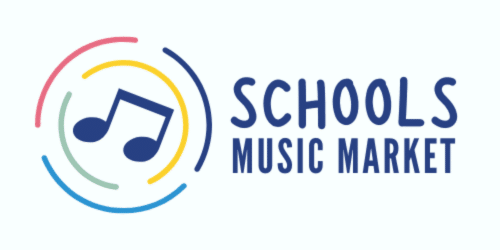Reading music in elementary school is a valuable skill that offers countless benefits, yet many students find themselves wondering why it wasn’t included in their curriculum. In this blog post, we’ll explore the reasons behind the omission of music literacy in elementary education and the potential advantages of incorporating it into the curriculum.
1. Limited Resources and Budget Constraints in Reading Music in Elementary School
One significant barrier to teaching music literacy in elementary school is the often limited resources and budget constraints that schools face. Acquiring musical instruments, sheet music, and trained music teachers can be costly. When schools are forced to choose between core subjects like math and language arts and extracurricular activities like music education, reading music in elementary school may take a backseat due to budget limitations.
2. Standardized Testing and Accountability Measures in Reading Music in Elementary School
The emphasis on standardized testing and accountability measures in recent years has influenced the curriculum of elementary schools. Schools are under pressure to improve test scores in subjects like math and reading, which are used to evaluate school performance and secure funding. This focus on standardized testing often leads to a narrowed curriculum, with less time and resources allocated to subjects like music education, including reading music in elementary school.
3. Lack of Qualified Music Teachers
Teaching music, especially reading music, requires specialized training and expertise. The shortage of qualified music teachers can be a significant obstacle in elementary schools. Without access to skilled instructors, it becomes challenging to provide students with a comprehensive music education that includes reading music notation.
4. Misconceptions About Music Education
Misconceptions about the value of music education can also contribute to its omission in elementary schools. Some educators and policymakers may perceive music as a non-essential or extracurricular activity rather than a fundamental part of a well-rounded education. This perspective can underestimate the cognitive and emotional benefits of learning music, including improved academic performance, enhanced creativity, and increased social and emotional development.
5. Curriculum Overcrowding in Reading Music in Elementary School
Many elementary school curricula are already packed with various subjects and topics, leaving little room for additional subjects like music education, including reading music. Teachers and students may feel overwhelmed by the volume of content they need to cover in core subjects, leaving limited time for music instruction.
Benefits of Teaching Music Literacy in Elementary School (Reading Music)
Now, let’s highlight the potential benefits of incorporating music literacy, including reading music, into elementary school education:
1. Cognitive Development:
Learning to read music notation involves critical cognitive skills such as pattern recognition, problem-solving, and spatial reasoning. These skills can transfer to other academic subjects, enhancing students’ overall cognitive development.
2. Emotional Expression and Well-being:
Music provides a unique outlet for emotional expression and self-discovery. By learning to read and create music, students can express their thoughts and feelings in a creative and constructive way, positively impacting their emotional well-being.
3. Enhanced Creativity:
Music education fosters creativity and imagination. When students learn to read music, they gain the tools to compose their own melodies and explore their musical ideas, inspiring a lifelong love of music and the arts.
4. Social and Emotional Development:
Music often involves collaboration and teamwork, whether through ensemble performances or group music lessons. Learning to work together with others in a musical context can enhance students’ social and emotional development, teaching them important skills such as communication, empathy, and cooperation.
5. Cultural Appreciation:
Music exposes students to a wide range of musical styles and cultures, fostering an appreciation for diversity and global awareness.
In conclusion, while reading music in elementary school may not have been a part of your educational journey, it’s never too late to explore the world of music on your own. Whether through private lessons, community programs, or self-guided learning, music literacy, including reading music, is a valuable skill that can enrich your life and open up new avenues of creativity and expression. By raising awareness of the importance of music education and advocating for its inclusion in schools, we can ensure that more students have the opportunity to experience the joys of reading and creating music from an early age.
For resources to support your music classroom click here to browse the full list.



